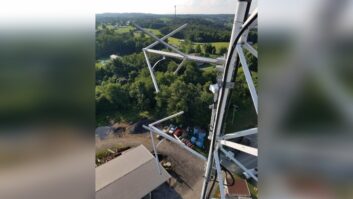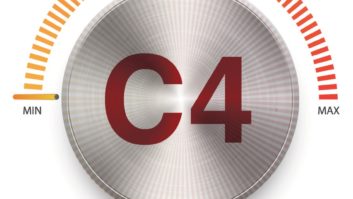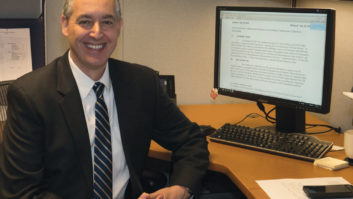Big changes for LPFM, FM translators
May 1, 2005 12:00 PM, By Harry Martin
On the heels of the FCC’s February public forum on LPFM and an emergency petition filed in March by the Media Access Project (MAP), the Commission has adopted changes in its rules that will immediately benefit LPFM operators and applicants. It also has proposed sweeping changes in the relationship between LPFM stations and FM translators and adopted a six-month freeze on the processing of applications for new translator stations pending resolution of these proceedings.
In its petition MAP argued that just two applicants filed more than 4,000 applications for new FM translator stations with the specific intent of selling them to other parties. The two applicants have opposed the emergency petition, arguing that MAP failed to demonstrate any violation of Commission rules. In addition, they argued that improper ex parte contacts were made by a former commissioner on behalf of the MAP petition, in violation of the Commission’s rules.
For its part, the Commission released its Second Order on Reconsideration and Further Notice of Proposed Rulemaking in the long-running LPFM proceeding. In this latest order, the FCC amended the LPFM rules to provide additional flexibility for LPFM licensees in modifying their authorized facilities. Specifically, LP-100 licensees may now file applications at any time to move their transmitter sites up to 5.6 kilometers (the former limit was 2 kilometers). The Commission authorized the Media Bureau to extend the construction period for LPFM stations to three years instead of the current 18 months.
The Commission seeks comment on several issues relating to the long-term operation of the LPFM service, including:
- whether LPFM licensees should be able to assign their licensees to other qualified entities;
- whether the FCC should extend the period during which mutually exclusive LPFM applicants may reach time-share agreements from 30 days to 90 days;
- whether the Commission should permit the renewal of licensees that were granted on the basis of an involuntary time-share arrangement between two or more parties;
- whether to require that all LPFM licenses be restricted to local entities;
- whether to extend the prohibition on entities holding more than one LPFM license.
Elevated statusBut the most significant question raised for comment is whether the Commission should give primary interference protection to LPFM stations over translator facilities, including licensed translators. The Commission suggested that such a preference may be warranted because LPFM stations, unlike translators, originate programming. The significance of the source of programming may be particularly striking where noncommercial translators are concerned: NCE translators in the reserved band can be located hundreds or thousands of miles from the community in which their programming is being originated.Also, the Commission seeks comment on whether all pending translator applications should be dismissed in anticipation of a new LPFM filing window, or alternatively, whether the only applications that would be dismissed would be those found to be mutually exclusive with the LPFM applications filed in the window. Alternatively, the Commission suggested that it might make primary status for LPFM stations prospective only, which would obviate any such dismissals.In light of these questions, the Commission ordered the Media Bureau to immediately stop processing all pending translator applications that were filed as part of the August 2003 filing window.Dateline:June 1 is the deadline for radio stations in Arizona, Idaho, New Mexico, Nevada, Utah and Wyoming to file their 2005 renewal applications, biennial ownership reports and EEO program reports.June 1 also is the date for radio stations in California to begin their pre-filing renewal announcements.California radio stations must file their renewal applications, biennial ownership reports and EEO program reports on Aug. 1, 2005.Erratum: Last month we reported that Michigan and Ohio radio stations are required to file their renewal applications by June 1. That deadline applies to Michigan and Ohio TV rather than radio stations, which filed in 2004.Martin is president of the Federal Communications Bar Association and a member of Fletcher, Heald and Hildreth, Arlington, VA. E-mail[email protected].












